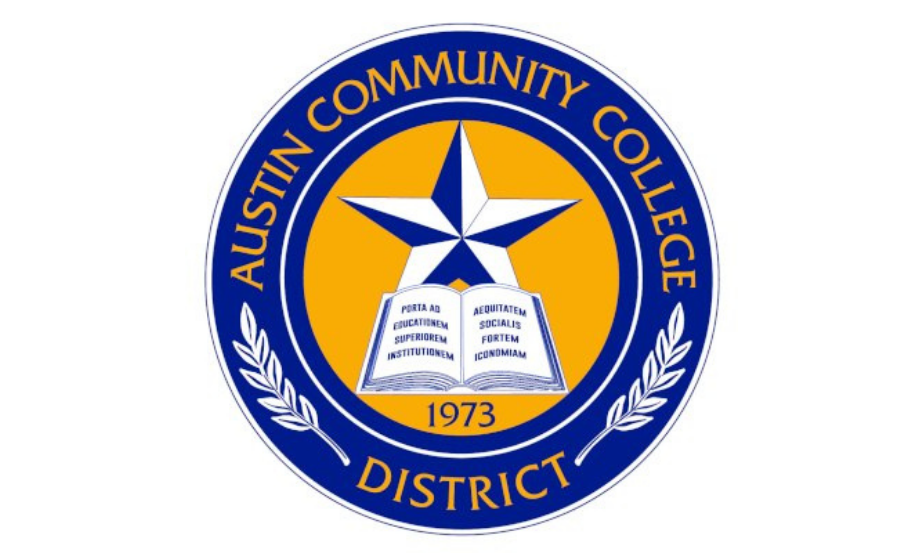The Austin Community College District (ACC) Board of Trustees met for its regular meeting on Monday, March 7. An update was provided on update on health and safety protocols, online education, the strategic plan, and an overview of the budget study.
Below are highlights from the meeting.
Health and Safety Protocols at ACC
The board authorized the Chancellor the flexibility to increase or decrease COVID-19 health and safety measures for ACC students, employees, and anyone coming to an ACC campus. It passed by a 7-2 vote, with trustees Julie Ann Nitsch and Dr. Barbara Mink opposing.
The authorization allows ACC’s administration to respond more readily to the current health situation. It requires the Chancellor to work with the Board Officers, the college’s Emergency Operations Center, Return to Campus committee, and local health officials to evaluate regional health data and modify the college’s health and safety protocols including the use of face masks on campus. Conversations are now underway to explore any recommended changes to the college’s current protocols. Any changes will be shared directly with employees and students by email and posted to the college’s Coronavirus informational website.
ACCDPD Racial Profiling and Training Report
The ACC Board of Trustees received the annual racial profiling and training report from the ACC Police Department (ACCDPD). According to the report, ACCDPD made 158 stops last year. Of those stops, 84 were White, 39 Black, 27 Hispanic, 6 Asian, and none American Indian. Race was known prior to these stops 21 percent of the time. Five arrests were made from those stops. Almost all stops involved community members who drove on ACC campuses, not ACC students or employees. There were no complaints filed against ACCDPD in 2021.
ACCDPD plans to attend five in-person training programs in 2022, including two legislative trainings, in-car camera system training, Lone-Star Medics Combat casualty care, and school-based law enforcement. The department will continue to incorporate the latest and best practices in anti-racism and restorative justice.
Chancellor’s Priority No. 3: Provide Exceptional Online Education
The board received an update on Chancellor Priority No. 3: Provide an Exceptional Online Education. Read the full update here.
FY23 Budget Discussions Begin
Discussions began on the fiscal year 2023 budget process. Executive Vice Chancellor of Finance and Administration Neil Vickers provided the board with an update on the process, timeline, current trends, and issues that could impact the college’s budget.
Essential budget items include property tax rates; enrollments; Texas Retirement System contribution changes; Workday student implementation; new facilities at Highland Campus including the campus chiller plant, building 3000, and the parking garage; and Building 1000 at Rio Grande Campus.
The board will discuss revenues, including tuition and fees, in April and approve the rates in May. Employee compensation and benefits will be discussed in June. The Board of Trustees is expected to approve a final budget in July 2022. The new budget is effective beginning September 1.
2023 Decennial Reaffirmation and QEP Update
The board received an update on ACC’s Southern Association of Colleges and Schools Commission on College’s accreditation reaffirmation progress and the Quality Enhancement Plan (QEP). The college conducts a QEP every ten years as part of its reaffirmation of accreditation process.
The QEP process is currently in phase 2, which is development. This phase is expected to be completed in August 2022 and will be followed by implementation, which runs from September 2022 to August 2027. The QEP Development Committee is currently completing research on best practices for digital fluency and is asking for employee feedback. Learn more here.
The QEP topic is Digital Fluency for Today’s Jobs. It promotes equitable academic and career outcomes by providing micro-credentials in digital and professional workforce competencies required by the 21st-century workplace. According to the National Skills Coalition, one-third of the American workforce lack digital literacy and more than half of Latino and Black workers need digital skills. The college works to develop four courses, which can be assigned in micro-credentials to help promote digital fluency.
ACC Strategic Plan
The board approved extending the college’s Strategic Plan, which expired December 31, 2021. The extension allows time to take a focused look into how ACC will reenvision the strategic focus due to COVID-19. Read more here.
Board meeting minutes and recordings can be found at austincc.edu/board.

